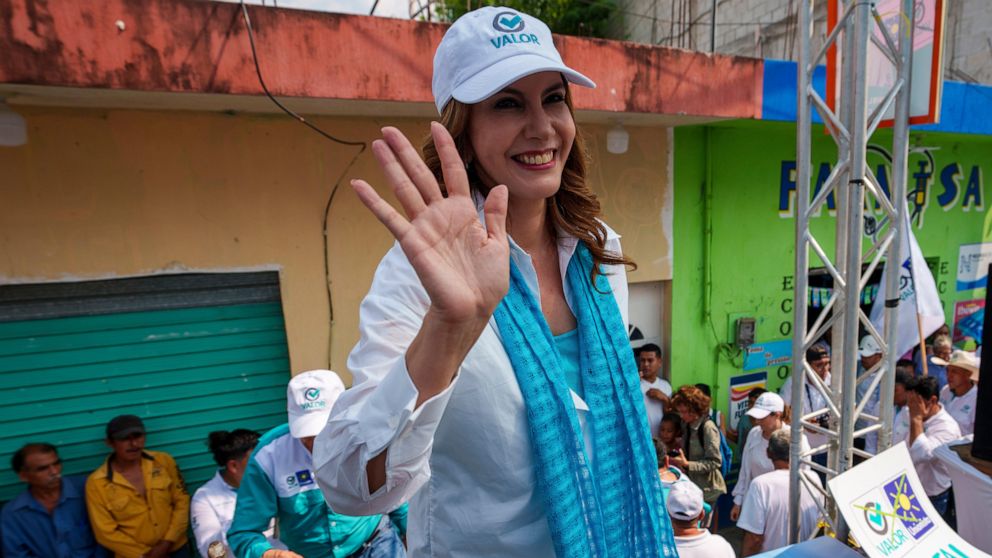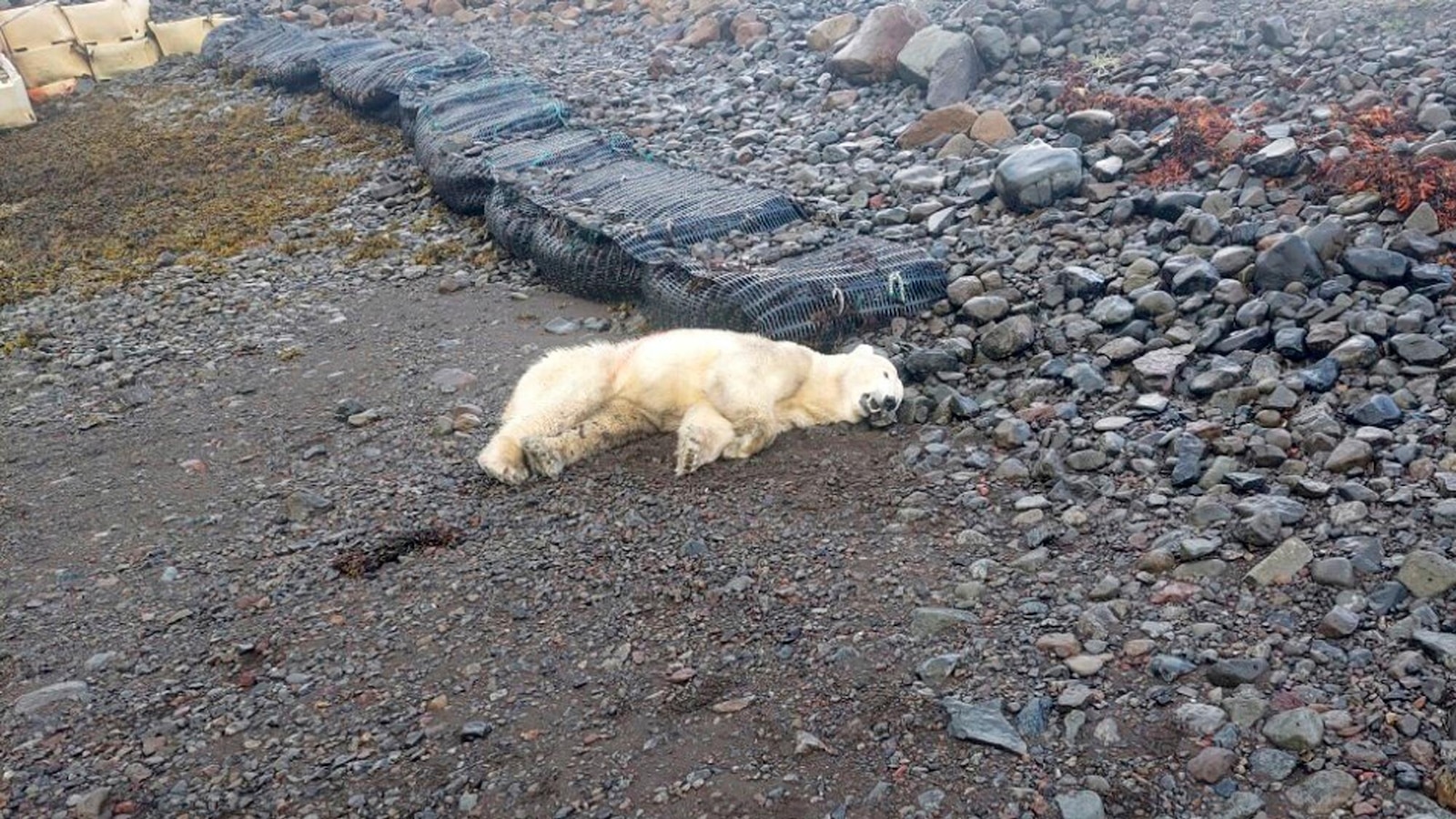After a long and turbulent electoral season, Guatemalans have finally elected a new president. Alejandro Giammattei, a conservative former prison director, won the election with 58% of the vote, defeating former first lady Sandra Torres.
The electoral season in Guatemala was marked by controversy and uncertainty. The country’s previous president, Jimmy Morales, had been accused of corruption and faced widespread protests calling for his resignation. Morales had attempted to shut down an anti-corruption commission backed by the United Nations, which further fueled public anger.
In this context, the presidential election was seen as a critical moment for Guatemala’s democracy. The two main candidates, Giammattei and Torres, offered different visions for the country’s future. Giammattei promised to be tough on crime and corruption, while Torres focused on social programs and economic development.
The election itself was not without its problems. There were reports of irregularities and voter intimidation, and some polling stations had to be closed due to violence. However, international observers generally praised the election as free and fair.
Now that Giammattei has been elected, he faces significant challenges in governing Guatemala. The country is plagued by poverty, violence, and corruption, and many citizens have lost faith in their political leaders. Giammattei will need to work to restore public trust in government institutions and address the root causes of social and economic inequality.
One of Giammattei’s first tasks will be to negotiate a new agreement with the United States on migration. Guatemala has been under pressure from the Trump administration to sign a “safe third country” agreement, which would require asylum seekers to apply for protection in Guatemala rather than the United States. Giammattei has expressed support for such an agreement but has also called for more resources to be devoted to addressing the root causes of migration.
Another key issue for Giammattei will be combating corruption. Guatemala has long struggled with corruption at all levels of government, and many citizens believe that the political elite are more interested in enriching themselves than serving the public. Giammattei has promised to be tough on corruption, but he will need to work closely with civil society organizations and international partners to make real progress.
Overall, the election of a new president in Guatemala is a significant moment for the country. It offers an opportunity for a fresh start and a chance to address some of the deep-seated problems that have plagued Guatemala for decades. However, it will take more than just a new president to bring about meaningful change. It will require sustained effort and cooperation from all sectors of society, as well as support from the international community.



